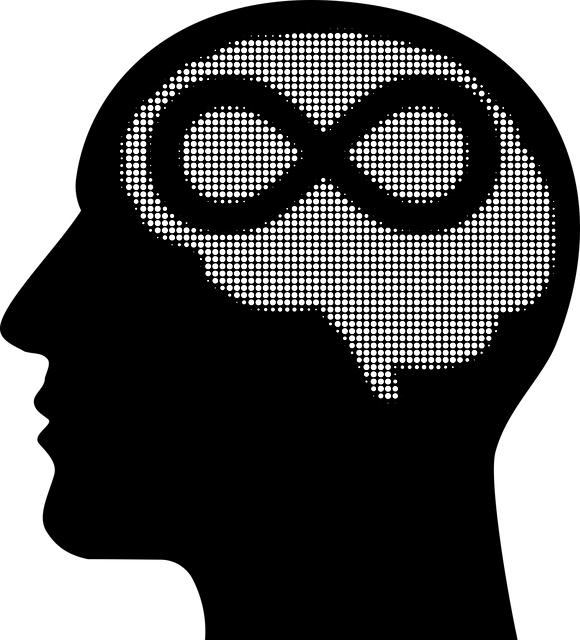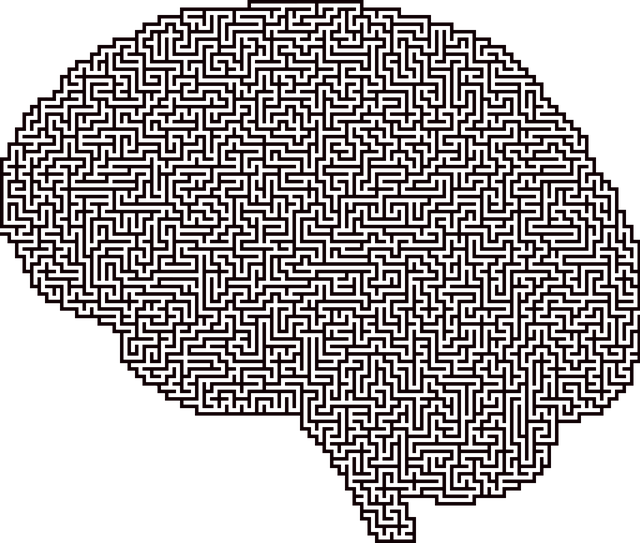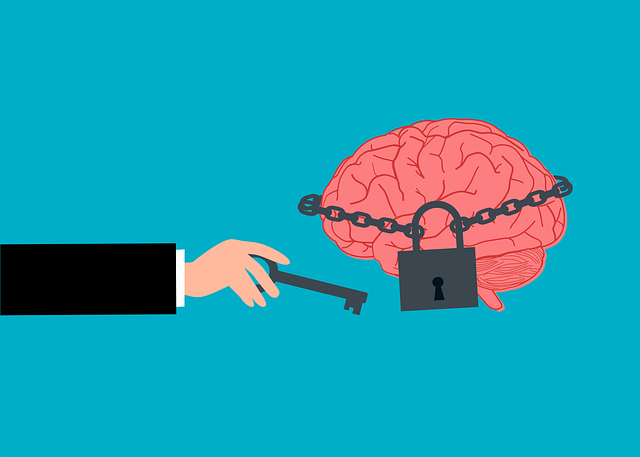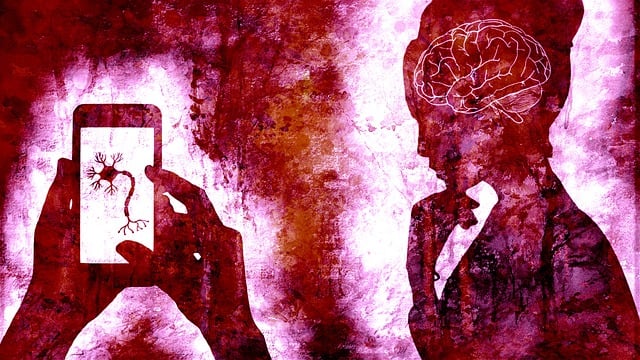Diagnosing mental illness in children, especially those facing terminal conditions, is challenging due to their limited ability to express emotions and varying symptoms across developmental stages. To improve accuracy, healthcare frameworks should integrate tailored cognitive-behavioral therapy (CBT), digital platforms for self-care, public awareness campaigns, and emotional wellness coaching. Early intervention through open communication and safe therapy spaces encourages children to express symptoms, leading to more precise diagnoses and improved treatment outcomes. Specialized training programs for mental health professionals are crucial in mastering the assessment of subtle symptoms and complex presentations, fostering empathetic evaluations and building trust with patients and caregivers, particularly regarding therapy for children terminal illness.
Mental illness diagnosis accuracy is a critical area of focus in pediatric healthcare, with significant implications for treatment outcomes. This article delves into the complex challenges surrounding mental health assessments in children, exploring innovative solutions that promise enhanced precision. We discuss advanced therapies and technologies, emphasize the importance of early intervention strategies, and highlight training programs designed to equip professionals with the necessary skills. By addressing these aspects, we aim to improve diagnosis accuracy for therapy tailored to children’s unique needs, particularly those with terminal illnesses.
- Understanding the Challenges: Unraveling the Complexity of Mental Illness Diagnosis in Children
- Innovative Approaches: Enhancing Accuracy through Advanced Therapies and Technologies
- Early Intervention Strategies: Laying the Foundation for Accurate Diagnoses
- Training and Support: Equipping Professionals for Effective Mental Health Assessment
Understanding the Challenges: Unraveling the Complexity of Mental Illness Diagnosis in Children

Diagnosing mental illness in children presents unique challenges due to the complex interplay of biological, psychological, and environmental factors. Unlike adults who can communicate their symptoms explicitly, children often struggle to articulate their emotional distress or exhibit subtle signs that require keen observation. This complexity is further compounded by the fact that childhood mental health disorders can manifest differently across various developmental stages, making accurate diagnosis a delicate task for professionals.
Efforts to enhance diagnostic accuracy focus on several strategies including integrating therapy for children with terminal illness into existing healthcare frameworks, developing mental wellness coaching programs tailored for young minds, and promoting emotional well-being through evidence-based techniques. Additionally, public awareness campaigns play a vital role in educating parents, caregivers, and educators about the early signs of mental health issues, encouraging help-seeking behaviors, and fostering supportive environments that contribute to better outcomes for children facing mental health challenges.
Innovative Approaches: Enhancing Accuracy through Advanced Therapies and Technologies

In the quest for improved mental illness diagnosis accuracy, innovative approaches are transforming the landscape of treatment. Advanced therapies and technologies are now at the forefront, offering more precise and effective ways to understand and address various mental health conditions. For instance, cognitive-behavioral therapy (CBT), tailored specifically for children with terminal illnesses, focuses on modifying negative thought patterns and behaviors, enhancing coping mechanisms, and improving overall well-being. This targeted approach has shown promising results in raising mental health awareness among pediatric patients facing life-limiting conditions.
Beyond traditional therapeutic methods, technological advancements play a pivotal role. Digital platforms and mobile applications are being developed to support self-care routine development for better mental health. These tools often incorporate features like mood tracking, mindfulness exercises, and access to mental health resources, empowering individuals to actively participate in their care. Additionally, public awareness campaigns development leveraging these technologies can reach broader audiences, disseminating accurate information and reducing the stigma associated with seeking help for mental health concerns.
Early Intervention Strategies: Laying the Foundation for Accurate Diagnoses

Early intervention plays a pivotal role in enhancing the accuracy of mental illness diagnoses, especially for children facing terminal illnesses. By implementing strategies that foster open communication and encouraging symptoms expression, healthcare professionals can lay the groundwork for more precise assessments. Therapy for children grappling with these challenges should focus on creating a safe space where they feel comfortable sharing their thoughts and emotions. This approach allows for a deeper understanding of their internal experiences, which is crucial in diagnosing and treating mental health issues.
Promoting positive thinking and encouraging the development of self-care routines are essential components of this strategy. Teaching children coping mechanisms and instilling inner strength enables them to better manage their emotional well-being. These proactive measures not only support accurate diagnosis but also empower children to navigate their mental health journeys with resilience, ultimately improving treatment outcomes.
Training and Support: Equipping Professionals for Effective Mental Health Assessment

Professionals involved in mental health assessment play a crucial role in ensuring accurate diagnoses and effective treatment for individuals struggling with mental illness, including children facing terminal conditions. Training programs focused on enhancing mental health awareness and refining diagnostic skills are essential components of this effort. These programs equip healthcare providers with the knowledge and tools to recognize subtle symptoms, understand complex presentations, and navigate the nuances of various mental disorders.
By prioritizing emotional intelligence and integrating mind over matter principles, professionals can foster more empathetic and comprehensive evaluations. This approach not only improves diagnostic accuracy but also builds trust between patients and caregivers, encouraging open communication and collaborative problem-solving. Effective training should cover evidence-based assessment techniques, cultural sensitivity, and the latest research in mental health diagnosis to ensure professionals are well-prepared to meet the diverse needs of their clients.
Mental illness diagnosis accuracy is a multifaceted challenge that demands innovative solutions. By combining advanced therapies, technologies, early intervention strategies, and robust professional training, we can significantly improve care for children with mental health issues. Continued efforts to address these areas will ensure that professionals are better equipped to navigate the complexity of childhood mental illness, ultimately leading to more accurate diagnoses and effective treatments. This holistic approach, focusing on both traditional methods and modern advancements, is crucial in providing hope and healing for young minds struggling with terminal illnesses.








